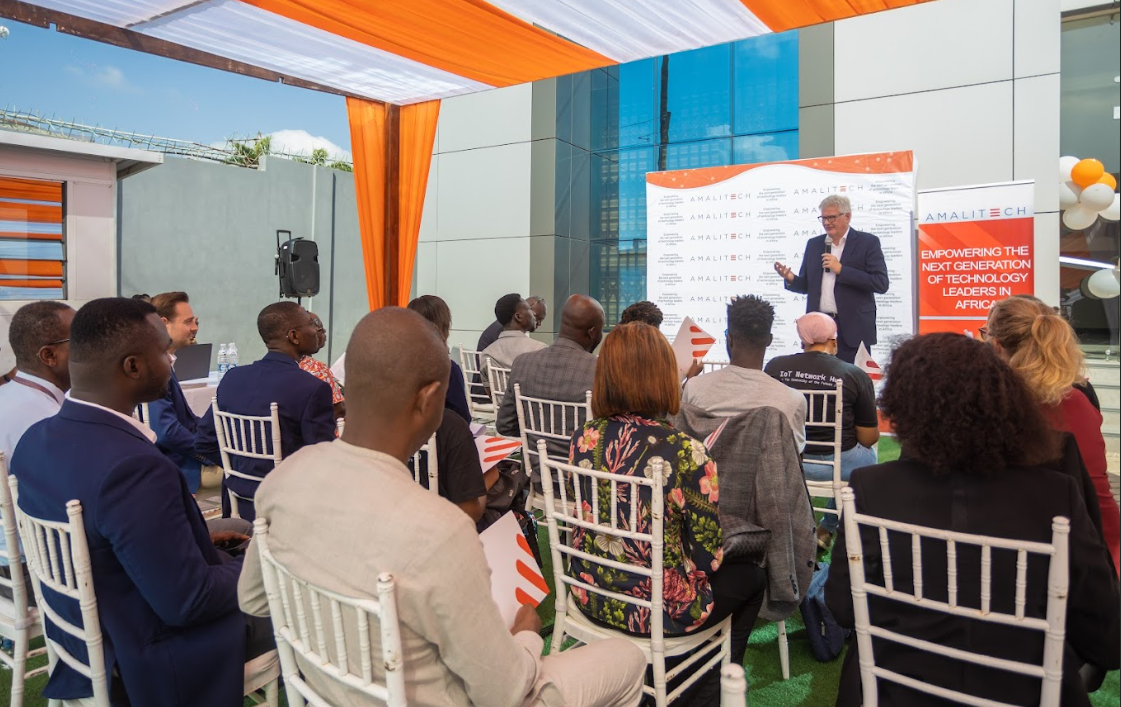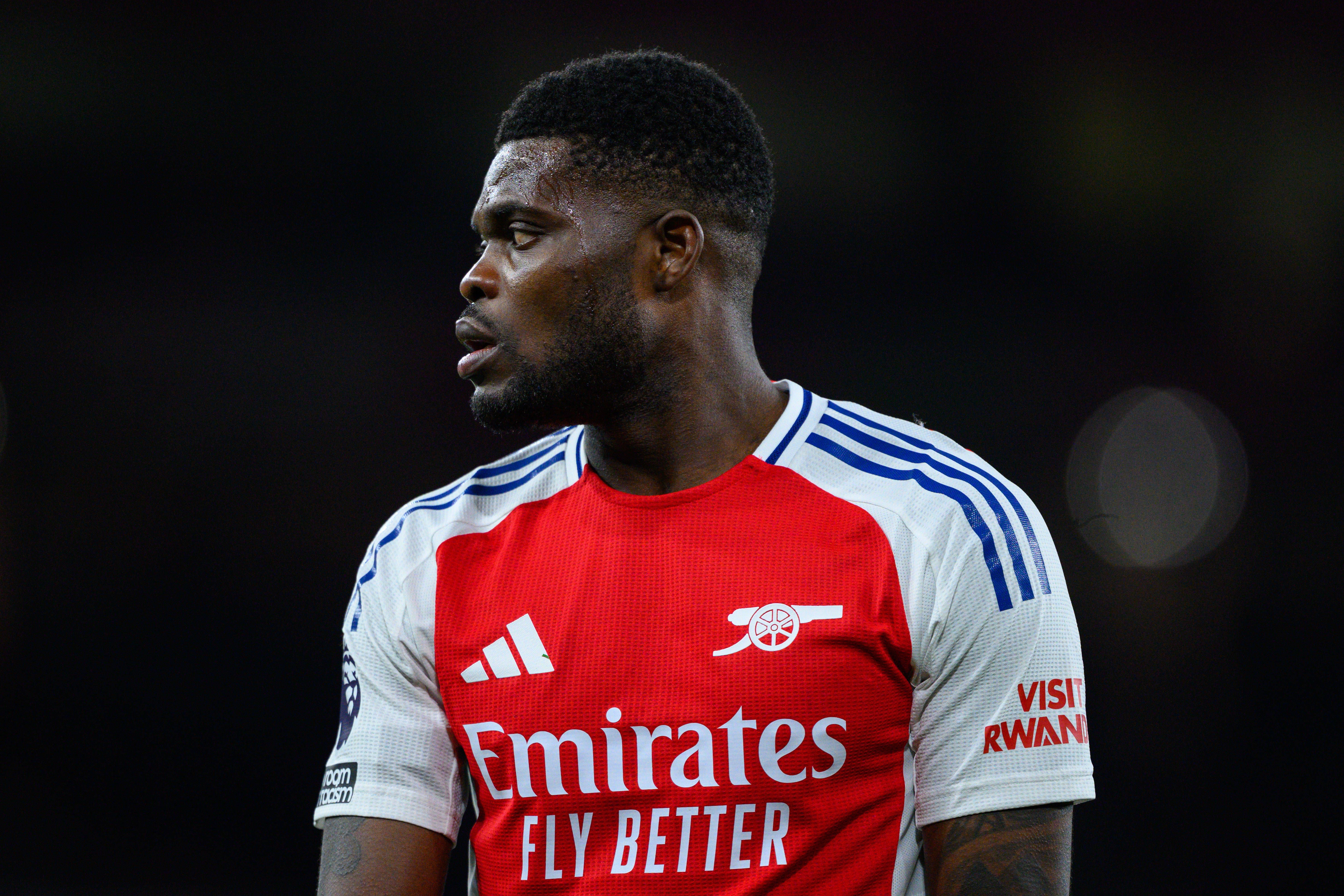
In the age of smartphones and instant communication, traditional diplomacy is undergoing a remarkable transformation. Gone are the days when international relations were shrouded in secrecy, confined to closed-door meetings and confidential cables.
Today, the world of diplomacy has burst into the open, unfolding in real-time on social media platforms. Welcome to the era of digital diplomacy, where tweets, Facebook posts and Instagram stories have become the new tools of statecraft.

For Ghanaians, this transformation holds particular relevance. Ghana, with its growing Internet penetration and active social media population, is well-positioned to engage with and benefit from this digital diplomatic revolution.
Understanding how countries, including Ghana, utilise digital platforms for international relations can offer valuable insights into the modern landscape of global diplomacy.
The rise of digital diplomacy
Digital diplomacy, also known as e-diplomacy, refers to the use of digital technologies and social media platforms by countries to manage international relations and promote national interests. This shift is driven by several key factors that are reshaping how nations interact on the global stage.
One of the primary drivers of digital diplomacy is the demand for greater transparency in international relations. In the past, diplomatic actions and negotiations were often conducted behind closed doors, leaving the public with little insight into the decision-making processes that shaped global policies.
Social media has changed this dynamic by enabling diplomats and government officials to communicate directly with the public. This transparency fosters trust and accountability, as citizens can now see and engage with the activities of their leaders in real time.
For example, when Ghana participates in international fora or negotiations, updates and outcomes can be shared instantly with the public via social media. This openness not only informs citizens but also allows them to feel more connected to their country’s foreign policy decisions.
Real-time communication
Another significant advantage of digital diplomacy is the ability to communicate in real time. Traditional diplomatic communications often involved lengthy processes and delays, which could hinder timely responses to international events. With digital platforms, diplomats can now respond to global developments immediately, shaping narratives and influencing outcomes as they unfold.
Consider a situation where there is a sudden geopolitical crisis. Through platforms like Twitter, Ghanaian diplomats can promptly issue statements, offer support or call for action. This immediacy ensures that Ghana’s voice is heard on the international stage, contributing to timely and relevant discourse.
Wider audience reach
Digital platforms have revolutionised the reach of diplomatic messages. In the past, diplomatic communications were limited to formal channels and official statements that reached a relatively small audience.
Today, social media allows governments to broadcast their messages to a global audience instantly. This expanded reach is crucial for promoting national interests and engaging with diverse populations worldwide.
For Ghana, this means that cultural diplomacy, trade promotions and policy announcements can reach millions of people across the globe. By leveraging platforms like Facebook and Instagram, Ghana can showcase its rich cultural heritage, attract tourism and promote investment opportunities to a broad and varied audience.
Digital diplomacy in practice
To illustrate the impact and effectiveness of digital diplomacy, let’s delve into some practical examples of how countries – including Ghana – are utilising these tools to manage international relations and promote their interests.
Public diplomacy and cultural exchange
Countries use digital platforms to engage in public diplomacy by sharing aspects of their culture, values and policies with the world. For Ghana, this means showcasing its vibrant traditions, music, dance and festivals to a global audience. Social media campaigns highlighting events like the Chale Wote Street Art Festival or the Accra Fashion Week can attract international attention and tourism.
Crisis communication and humanitarian aid
In times of crisis, whether due to natural disasters or political upheavals, digital diplomacy becomes a lifeline. Governments can use social media to coordinate humanitarian aid, provide updates on relief efforts and offer support to affected regions. For instance, if a neighbouring country experiences a natural disaster, Ghana can use digital platforms to organise and communicate its humanitarian response, strengthening regional solidarity and cooperation.
Promoting trade and investment
Digital diplomacy also plays a crucial role in promoting trade and investment. Through platforms like LinkedIn and Twitter, Ghanaian trade missions can connect with potential investors, share information about business opportunities and promote the country’s economic strengths. Virtual trade fairs and webinars can further enhance these efforts, making it easier for international partners to engage with Ghanaian businesses.
Challenges and opportunities
While digital diplomacy offers numerous benefits, it also comes with challenges that need to be addressed. The spread of misinformation and fake news can undermine diplomatic efforts, making it essential for governments to ensure the accuracy and reliability of their communications. Cyber-security is another critical concern, as protecting sensitive information from cyber threats is paramount.
However, the opportunities presented by digital diplomacy far outweigh these challenges. By embracing digital tools and strategies, Ghana can enhance its international presence, foster stronger global partnerships and engage more effectively with both domestic and international audiences.
Why social media?
In the digital age, social media has emerged as a transformative tool for diplomatic engagement. Its vast reach, interactive capabilities, speed and cost-effectiveness make it an indispensable asset for governments and international organisations alike. Let’s delve deeper into the advantages social media offers for diplomatic efforts, with a focus on Ghana and continental organisations such as the African Union (AU).
Reach
Social media platforms like Twitter, Facebook and Instagram boast billions of users globally. This extensive reach allows governments to communicate their messages to a worldwide audience instantly. For Ghana, this means the ability to share its policies, culture and viewpoints with a diverse international community.
For example, during the Year of Return campaign in 2019, Ghana utilised social media to attract the global African diaspora, particularly in the United States, to visit Ghana and reconnect with their roots. The campaign’s success, partly driven by social media, significantly boosted tourism and international awareness of Ghana’s rich cultural heritage.
Engagement
Social media facilitates direct interaction between governments and their audiences, including citizens, journalists and other stakeholders. This two-way communication channel is vital for fostering engagement and transparency.
For instance, Ghana’s Ministry of Foreign Affairs and Regional Integration uses social media platforms to update citizens on diplomatic missions, bilateral meetings and international agreements. By engaging directly with the public, the ministry can address questions, dispel misinformation and build trust.
Speed
The rapid dissemination of information is another critical advantage of social media. Governments can respond to events and shape narratives in real time, which is essential during crises.
Consider the COVID-19 pandemic. Ghana’s government used social media to provide timely updates on health guidelines, lockdown measures and vaccination campaigns. This swift communication helped manage the public health response and kept citizens informed.
Cost-effectiveness
Compared to traditional media campaigns, social media offers a relatively low-cost way to communicate and engage with audiences. This cost-effectiveness is particularly beneficial for countries with limited budgets but a need for robust international outreach.
By leveraging platforms like Facebook and Twitter, Ghana can conduct widespread diplomatic and cultural campaigns without the high costs associated with traditional media such as television or print advertising. This allows for more frequent and diverse communication efforts.
Case studies in digital diplomacy
The United States: Public diplomacy and crisis communication
The United States has been at the forefront of using social media for public diplomacy. U.S. Embassies worldwide maintain active social media profiles, sharing updates, promoting American culture and engaging with local communities. During crises such as natural disasters or political upheavals, these accounts provide timely updates and safety information, demonstrating the U.S.’ commitment to supporting affected regions.
For example, during the 2010 Haiti earthquake, the U.S. Embassy in Haiti used social media to disseminate critical information about relief efforts, helping coordinate international aid and keeping the global community informed.
The European Union: Promoting unity and values
The European Union (EU) leverages social media to promote its values of unity, democracy and human rights. The EU’s digital diplomacy efforts include campaigns to counter misinformation and promote accurate information about its policies and initiatives. The European External Action Service (EEAS) uses Twitter and Facebook to share updates on EU foreign policy, engage with citizens and respond to global events.
One notable campaign was the EEAS’s use of social media to address misinformation during the Brexit negotiations. By providing clear, factual information, the EU helped maintain transparency and informed public discourse.
Digital diplomacy in Africa
Ghana’s approach to digital diplomacy
Ghana’s digital diplomacy efforts are multifaceted, focusing on cultural promotion, international relations and crisis communication. The government’s active social media presence ensures that Ghanaian voices are heard in global discussions.
For instance, Ghana’s participation in international fora, such as the United Nations General Assembly, is extensively covered on social media. This transparency allows citizens to stay informed about their country’s international engagements and enhances Ghana’s diplomatic visibility.
The African Union: Unifying a continent
The African Union (AU) uses social media to unify the continent and promote pan-African values. The AU’s digital diplomacy efforts include campaigns for peace, security and economic development. By sharing updates on initiatives like the African Continental Free Trade Area (AfCFTA) and the Agenda 2063 development plan, the AU fosters a sense of continental unity and collective progress.
During the African Union Summit, social media is used to broadcast live updates, speeches and decisions, making the summit accessible to a broader audience and enhancing transparency and engagement.
Crafting the message: Tailoring for global audiences
Crafting a message for digital diplomacy requires finesse and cultural sensitivity. In a world where borders are crossed with the click of a button, understanding cultural nuances is crucial to ensure messages resonate with diverse audiences.
Multilingual content: To reach a broader audience, countries employ multilingual content across social media platforms. For Ghana, this means sharing updates and initiatives in English, French and other local languages to connect with both domestic and international audiences.
Cultural sensitivity: Recognising and respecting cultural differences is paramount in digital diplomacy. Whether celebrating Ghanaian traditions or promoting regional cooperation, the message must reflect an understanding of cultural contexts to avoid misunderstandings and foster genuine connections.
Engaging influencers and public figures: Amplifying diplomatic voices
In today’s digital landscape, influencers and public figures wield significant influence over public opinion. Collaborating with these voices can amplify diplomatic messages and enhance their impact.
Joint campaigns: Partnering with influencers on joint campaigns allows governments to tap into their followership and leverage their credibility to promote diplomatic initiatives. For example, Ghana could collaborate with influential bloggers or celebrities to raise awareness about development projects or cultural festivals.
Endorsements: Endorsements from public figures lend credibility to diplomatic efforts. By retweeting or sharing posts from respected voices, governments can extend the reach of their messages and build trust with their audience.
Real-time interaction: Humanising diplomacy
The immediacy of social media allows diplomats to engage directly with audiences in real time, humanising the diplomatic process and fostering meaningful connections.
Live Q&A sessions: Hosting live Q&A sessions on platforms like Twitter or Instagram provides an opportunity for diplomats to address questions, clarify policies and engage with citizens directly. This interactive format encourages transparency and builds trust.
Twitter Chats and Facebook Live: Platforms like Twitter Chats and Facebook Live events offer a platform for in-depth discussions on diplomatic issues. By engaging in these conversations, diplomats can gain insights into public sentiment and tailor their responses accordingly.
Monitoring and analytics: Adapting in real time
In the fast-paced world of digital diplomacy, monitoring social media activity and analysing engagement metrics are essential for refining strategies and maximising impact.
Engagement metrics: Tracking likes, shares and comments provides insights into audience preferences and allows diplomats to measure the effectiveness of their messages. For Ghana, monitoring engagement metrics helps identify which content resonates most with domestic and international audiences.
Sentiment analysis: Analysing sentiment allows governments to gauge public perception and sentiment toward diplomatic initiatives. By understanding how their messages are received, diplomats can adjust their approach to address concerns or capitalise on positive feedback.
Challenges and opportunities in the digital diplomacy landscape
Challenges
Misinformation and fake news: The proliferation of false information on social media poses a significant challenge for digital diplomacy. Governments must be proactive in countering misinformation to protect the integrity of their diplomatic efforts.
Cyber-security: Ensuring the security of digital platforms is paramount in safeguarding sensitive diplomatic communications from cyber threats. Governments must invest in robust cyber-security measures to protect against potential breaches.
Cultural barriers: Cultural differences can lead to misunderstandings in digital diplomacy. Diplomats must be culturally competent and sensitive to the nuances of their target audiences to avoid miscommunication and build meaningful connections.
Opportunities
Artificial Intelligence (AI): AI-powered analytics tools can help diplomats analyse vast amounts of data to identify trends, sentiment and potential diplomatic opportunities or threats. By leveraging AI, governments can gain valuable insights into public opinion and tailor their diplomatic strategies accordingly.
Virtual Reality (VR): VR offers immersive experiences for virtual tours of countries, cultural sites and diplomatic events. By leveraging VR technology, governments can provide audiences with engaging and interactive experiences that showcase their cultural heritage and diplomatic initiatives.
Blockchain: Blockchain technology has the potential to enhance transparency and security in diplomatic communications and international agreements. By leveraging blockchain, governments can ensure the integrity and authenticity of diplomatic exchanges, fostering trust and accountability in the diplomatic process.
Conclusion: Navigating the future of diplomacy
As technology continues to evolve, so too will the strategies and tools of digital diplomacy. By embracing the opportunities presented by social media and emerging technologies, countries like Ghana can enhance their diplomatic efforts, engage with diverse audiences, and shape global conversations. By crafting clear, culturally sensitive messages, engaging with influencers and leveraging real-time interaction, Ghana can navigate the digital diplomacy landscape with confidence and effectiveness.
The post Digital diplomacy: the new frontier in international relations appeared first on The Business & Financial Times.
Read Full Story











Facebook
Twitter
Pinterest
Instagram
Google+
YouTube
LinkedIn
RSS